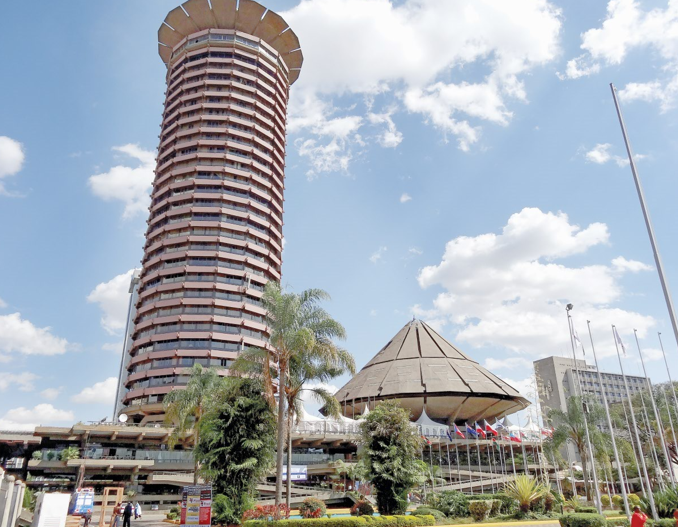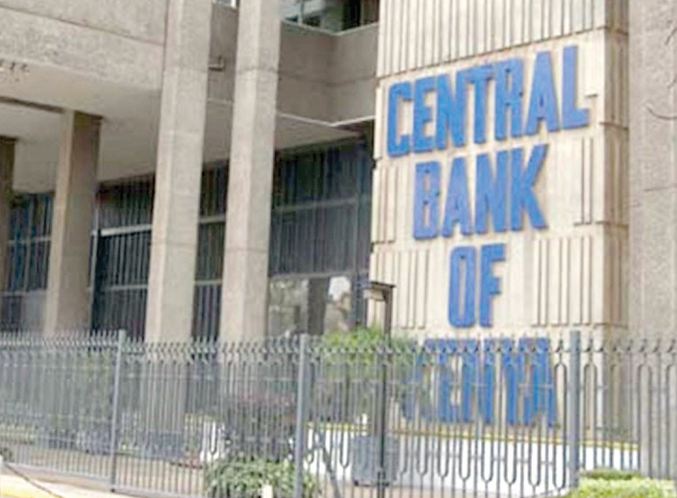High Court ruling halts sale of KICC, 10 others

The High Court has declared the Privatisation Act, of 2023 unconstitutional for being enacted without public participation. This means the government’s move to privatise the Kenya International Convention Centre (KICC) and 10 other state corporations has been quashed and found to be null and void.
In a judgement delivered by Justice Chacha Mwita, he found that the move failed the test of public participation and for violating the oversight role of the National Assembly. He said KICC has been found to be a national monument by law and therefore ineligible for privatisation.
The judge further said KICC is national heritage and privatising it goes against Article 11(2) of the Constitution and the National Museums and Heritage Act.
“Entire Privatisation Act is unconstitutional, null and void for want of meaningful qualitative and quantitative public participation. Sections 20(5) of Privatisation Act is unconstitutional”, Justice Chacha ruled.
Orange Democratic Movement (ODM) Party had moved to court accusing the state of not allowing the public to give its views regarding the Privatisation Act which made it easier to sell the state enterprises to private companies.
Sovereign wealth
ODM in its court papers argued that some public assets like the KICC, Kenya Pipeline Company, Kenya Literature Bureau, and Kenya Seed Company could only be privatised with the consent of the people at a referendum.
This is so because they form part of the sovereign wealth of Kenya with significant cultural and strategic importance to the public. The convention centre boasts of being the leading facility in the meetings industry in East Africa and has held a number of regional and international conferences. The party sought the orders and questioned why the government was in a rush to sell the assets.
It argued that the government had not demonstrated the urgency to justify the “intended rush or any credible reasons that outweigh the constitutional questions they have raised in their case.”
“At best, the only supposed justification for the intended sales are the reported conditionalities imposed by the World Bank and the International Monetary Fund for the sale of state corporations to repay alleged foreign debt obligations,” said ODM.
Other State corporations lined up for privatisation were New Kenya Cooperative Creameries (KCC), National Oil Corporation of Kenya (NOCK), Mwea Rice Mills Ltd (MRM), Western Kenya Rice Mills Ltd (WKRM), Numerical Machining Complex Limited (NMC), Kenya Vehicle Manufacturers Limited (KVM) and Moi University owned Rivatex East Africa Limited (REAL). On October 9, 2023, President William Ruto assented to the Privatisation Bill, 2023 (the impugned Act) into law and designated its commencement as October 27, 2023.
The impugned Act repealed the Privatisation Act, of 2005 and thereby introduced several provisions. The net effect according to the papers is to grant the Executive arm of government sweeping powers to dispose of prized assets comprised of Kenya’s sovereign wealth.
“In passing the impugned Act, the National Assembly and the President failed in there to protect and uphold the sovereignty of the People of Kenya,” ODM submitted. The Cabinet considered and approved the proposed divestiture of the state’s shareholding in six listed companies mid this year
Institutional reforms
A despatch from the Executive Office of the President said the move was part of institutional reforms aimed at fostering a sustained turnaround of the economy, particularly the management and governance of state corporations.
“The divestiture in the six companies, through the sale of shares at the Nairobi Securities Exchange, will optimise the contributions of these investments in the realisation of our national development aspirations,” the statement said.












